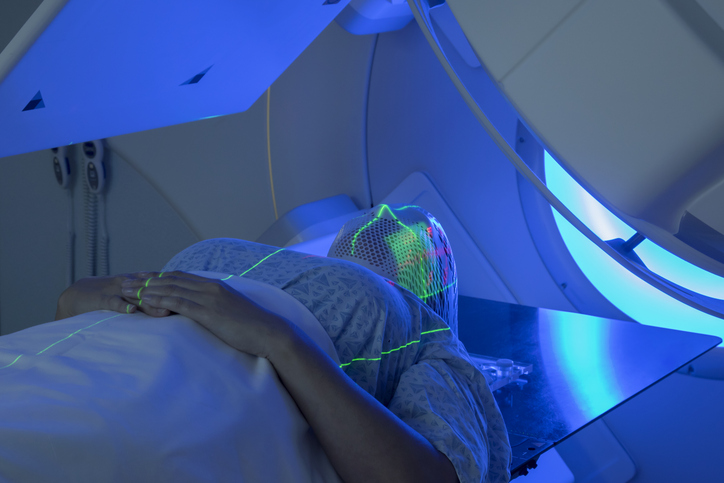
A study published in Infection Control & Hospital Epidemiology found that many patients with advanced cancer are inappropriately treated for urinary tract infections (UTIs) with broad-spectrum antimicrobials. The patients often had asymptomatic bacteriuria or candiduria, according to the findings.
Researchers assessed patients with advanced cancer who were 65 years or older who transitioned to comfort measures at the Yale-New Haven Hospital between July 1, 2014, and November 31, 2016. Patients were categorized as having no growth, bacteriuria or candiduria between 10,000 and 100,000 colony-forming units per milliliter (CFU/mL), or bacteriuria or candiduria with at least 100,000 CFU/mL.
There were 300 patients with potential UTIs: 19 were symptomatic and 281 were not, according to the 2017 National Healthcare Safety Network symptomatic UTI criteria.
Among the symptomatic patients, 21% (n=59) had asymptomatic bacteriuria or candiduria, and 14.2% (n=40) received inappropriate UTI-specific antimicrobial therapy for a total of 279 antimicrobial days; 35 patients had bacteriuria or candiduria and 35 did not express clinical features of UTI. The most commonly prescribed antibiotics were ciprofloxacin (n=12), fluconazole (n=8), and piperacillin/tazobactam (n=4).
Bacteriuria or candiduria predicted antimicrobial therapy: At 10,000 to <100,000 CFU/mL, the incidence rate ratio (IRR) was 16.9 (95% CI, 6.0-47.2), and at ≥100,000 CFU/mL, the IRR was 27.9 (95% CI, 10.9-71.2).







 © 2025 Mashup Media, LLC, a Formedics Property. All Rights Reserved.
© 2025 Mashup Media, LLC, a Formedics Property. All Rights Reserved.